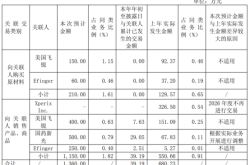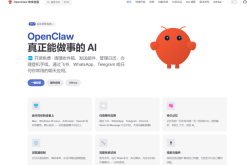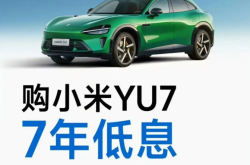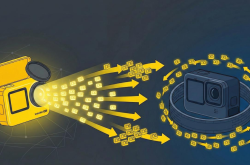This time there was no objection. Musk hired a Korean brand ambassador for Tesla
![]() 11/05 2024
11/05 2024
![]() 517
517
Unprecedentedly, Tesla has spent money to hire a brand ambassador. Recently, Tesla announced a partnership with Korean Olympic shooter Kim Ye-ji, who will become Tesla's first brand ambassador and the company's first paid celebrity endorser. Kim Ye-ji expressed her excitement about the collaboration and looked forward to conveying positive messages with Tesla.
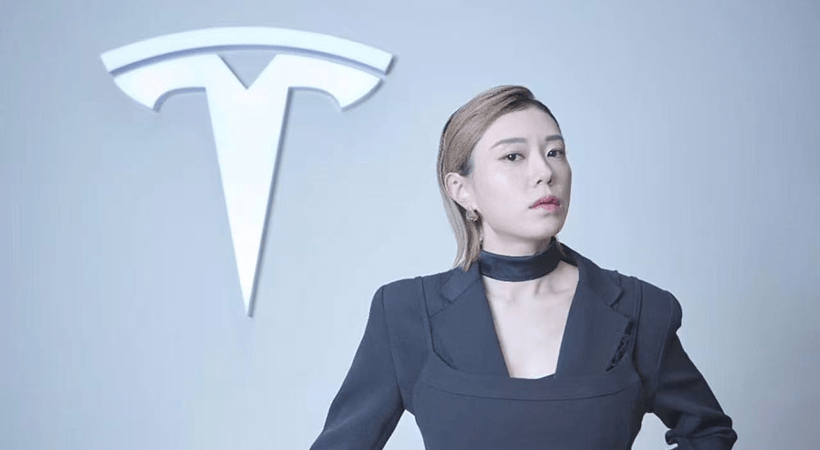
In fact, before the announcement of this collaboration, almost all industry insiders would have believed that Tesla CEO Elon Musk would never agree to pay any star or artist to endorse the brand. Under Musk's strong leadership, Tesla has long opposed large-scale advertising, including hiring brand ambassadors.
For example, as early as 2019, Musk explicitly expressed his aversion to advertising. He believed that if a company's product was good enough, there was no need for advertising promotion. For instance, rapper Snoop Dogg was once told by Musk, "Everyone has to pay full price for a Tesla, including me." Later, Musk repeatedly emphasized in public that Tesla had never spent a cent on advertising, "We invest all our funds in research and development, manufacturing, and design to improve our cars as much as possible."
During this period, Musk also disbanded Tesla's public relations team. Even in 2021, when Tesla faced significant controversy in both the Chinese and American markets, Musk still insisted that he did not need a public relations team. He maintained that good products and good public relations were not mutually exclusive. He also claimed on social media that other companies would spend money on advertising and manipulating public opinion, but Tesla focused on its products. For a long time in the past, as the earliest electric vehicle brand and the most well-known automotive brand globally, Tesla indeed had the confidence not to advertise.
In a sense, Tesla has been honed by Musk into a type of social currency. Typically, Tesla gains organic brand and product exposure through sharing by typical car owners such as tech bloggers, top influencers, and celebrity artists. At the same time, in addition to loving the brand, these influencers also gain significant traffic by sharing Tesla content. The value support of "Tesla social currency" comes from its product strength, most intuitively reflected in sales volumes.
According to information released by Tesla on October 25, Tesla delivered 463,000 vehicles globally in the third quarter of this year, setting a new record for quarterly deliveries this year. For the entire year of 2023, Tesla delivered 1,808,581 vehicles, an increase of 38% year-on-year, continuing to occupy the top position in the global pure electric vehicle market. In terms of stock prices, Tesla's share price increased by 101.72%, firmly ranking first in market value among global automakers.
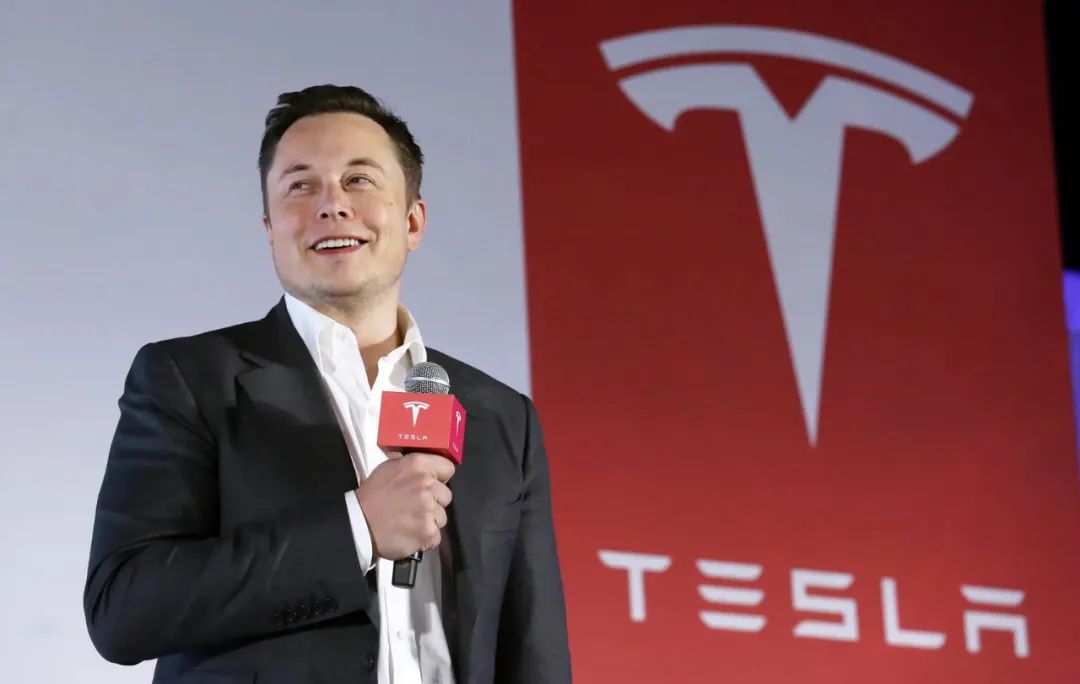
This time, Tesla broke the mold by signing Kim Ye-ji, which is widely regarded as a change in Tesla's brand promotion strategy. The implication is that Musk is about to invest heavily in large-scale market deployment. However, in Tang Chen's view, this is only a small-scale test in South Korea, a single regional market, and cannot yet be considered a change in the overall direction of Tesla. As for whether it will be rolled out globally in the future, it requires subsequent effect evaluations and depends more on Musk's personal will. On the one hand, Kim Ye-ji is not a focal figure with global influence. She won a silver medal in the women's shooting competition at this year's Paris Olympics and became famous for her "cold face."
At that time, Musk reposted a photo of her competing with her baseball cap worn backwards on X (formerly Twitter) and commented, "She should be in action movies." This may have been the beginning of her entering Musk's vision and forming a connection with Tesla. Another overlooked detail is that she is only Tesla's brand ambassador in South Korea. According to South Korean media reports, the agency that facilitated this collaboration stated that the partnership would be a "profound event linking a sustainable future with sports."
On the other hand, South Korea is not a primary market for Tesla. According to data from the Korea Automobile Importers & Distributors Association, Tesla sold 17,400 vehicles in the first half of this year. In addition, the South Korean automotive market has always been dominated by domestic brands, and the share of imported cars is not large. Based on the current market situation, Tesla's sales account for about 60% of the total imported electric vehicles in South Korea. Although this is only a small-scale test, it also reveals a fact: Musk and Tesla's attitudes towards advertising are thawing, and they are making greater investments.
The outside world can clearly observe that in the past two years, Tesla's advertisements have frequently appeared on multiple social media platforms, and the company has proactively planned and implemented offline events. For example, after Musk acquired X, he began placing ads for Tesla models and promotions on it, covering platforms such as YouTube, Facebook, and Instagram. Tesla's advertising expenditures have also subsequently risen. According to data from advertising tracking company MediaRadar, Tesla spent approximately $6.4 million on digital advertising in the United States in 2023, a nearly 36-fold increase from $175,000 in 2022.
This year, Tesla has also placed a large number of new ads on Google. After the launch of the Cybertruck at the end of last year, Tesla also conducted a prolonged offline tour exhibition, aiming to introduce this important new vehicle to more consumers. The reasons for this change can be attributed to several considerations by Musk: The primary one is the competitive pressure from the new energy vehicle market. As the most globally watched new force in the automotive industry, Tesla's impressive sales performance in recent years has actually exposed many issues.
In summary, these issues mainly focus on underperformance in the high-end market, a lack of successor models in key markets, market demand for Tesla driven by "trading volume for price" incentives, and collective encroachment by Chinese brands. In 2023, Tesla's main models in the high-end market were the Model S and Model X, but their cumulative annual sales were less than 70,000 units. The backbone supporting overall sales was the Model Y and Model 3. As a result, Tesla left gaps in the markets below $200,000 and in the high-price range of $350,000 to $600,000, which were eroded by competitors such as BYD, BBA, Lixiang, and NIO. In the market below $200,000, BYD holds an absolute dominant position and surpassed Tesla in the fourth quarter of 2023 to become the top seller of pure electric vehicles.
At the same time, it is questionable whether market demand for Tesla is strong. Tesla's achievement of its annual sales performance in 2023 was not only due to its excellent product capabilities but also inseparable from two supporting factors: subsidy policies and sacrificing gross profit to trade volume for price. In this regard, Tesla needs to further localize its marketing strategies, leveraging local celebrities and other well-known figures as brand ambassadors or endorsers to further penetrate Tesla's products and brand into areas that Musk cannot reach.
From this perspective, solely considering the South Korean market, Kim Ye-ji is more suitable than Musk himself to expand influence locally. Furthermore, the change in Tesla's promotion strategy also "unburdens" Musk himself. Currently, in addition to its own products, Tesla's most influential endorser is the globally popular internet celebrity Musk, who bears almost all of Tesla's marketing topics. His personal will has a deeper impact on Tesla than Lei Jun has on Xiaomi. Lei Jun once said in a speech that he was lectured for an hour like an elementary school student by investors. Musk, on the other hand, can fire employees live online. Musk has repeatedly emphasized that he is a problem-solver, but the real test is not his problem-solving ability but his energy. Behind him is a business matrix consisting of Tesla, SpaceX, The Boring Company, Neuralink, and X.
Although he has established a strong corporate culture for each company and has capable professional managers to help manage them, he must still devote some energy to each business segment to avoid setbacks. This current situation also poses a significant challenge for Musk: the negative impact of himself on his companies. For example, he is more enthusiastic about political expression and was recently criticized by Joe Biden as hypocritical, with Biden claiming that he came to the United States as an illegal worker. Whether this is a surprise or a landmine is difficult to judge. But it is certain that if it is a landmine and stepped on, it will be fatal to "Musk-affiliated" enterprises, including Tesla.
In other words, de-Musk-ification is also a problem that Tesla needs to solve. By hiring endorsers, the impact of Musk on brand endorsement can be hedged to a certain extent, thereby avoiding irreversible damage to the company due to excessive binding.
Reference materials:
Jiemian News, "Tesla Hires a Brand Ambassador for the First Time"

